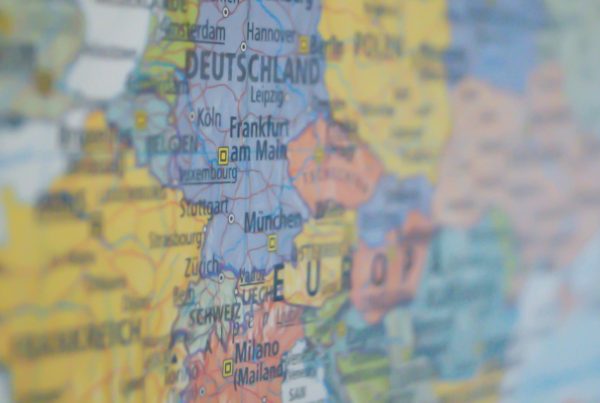In recent years, more and more companies are taking steps to improve the traceability of their raw materials and ensure that they do not come from harmful practices, such as deforestation, slave labor, environmental damage, and child labor. These actions reflect a growing commitment to social responsibility and sustainability in supply chains.
One of the key strategies used by companies is to implement traceability systems. These systems make it possible to trace the origin of the raw material, from its production to its final consumption. By using technologies like blockchain and barcodes, companies can ensure that raw materials come from legitimate sources and are free from unethical practices. This not only ensures product quality, but also transparency and accountability throughout the supply chain. There are innumerable opportunities for improvement in relation to monitoring systems and the support of technology for this purpose.
In addition, many companies are establishing alliances and collaborating with external organizations to improve traceability and compliance with ethical standards. These associations allow the exchange of information, joint monitoring and the implementation of best practices. For example, some companies have joined initiatives such as the Forest Stewardship Council (FSC) and the Roundtable on Sustainable Palm Oil (RSPO) to ensure that their raw materials come from sustainable and responsible sources.
Regarding the legal framework, the European Union has played a leading role in promoting responsible business practices. Different regulations set strict requirements for companies operating in the European market. These regulations require companies to perform due diligence to ensure that their raw materials do not come from illegal sources or harmful practices.
In addition, the European Union has recently proposed legislation that addresses deforestation and human rights in supply chains. The so-called Due Diligence Regulation in Supply Chains (Due Diligence Regulation) aims to ensure that companies operating in the European Union meet high standards of responsibility and sustainability. This legal framework would require companies to carry out risk assessments and take measures to prevent and mitigate negative impacts on human rights and the environment.
In short, companies are taking significant actions to improve the traceability of their raw materials and ensure that they do not come from harmful practices such as deforestation, slave labor, environmental damage, and child labor. Through traceability systems, alliances with external organizations and compliance with legal frameworks such as those established by the European Union, companies are working to ensure that their supply chains are ethical, sustainable and responsible.





